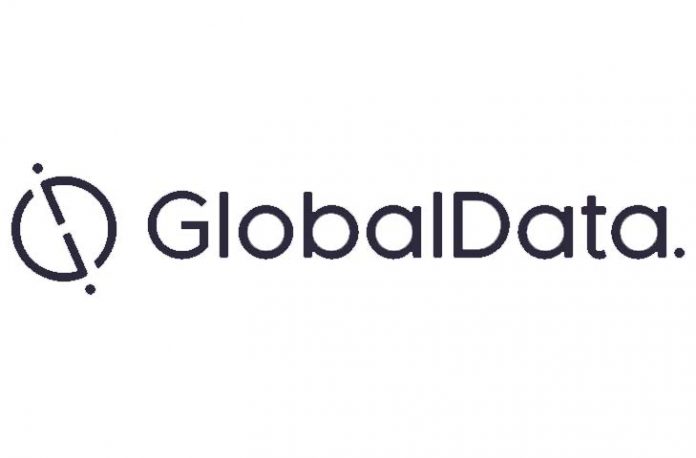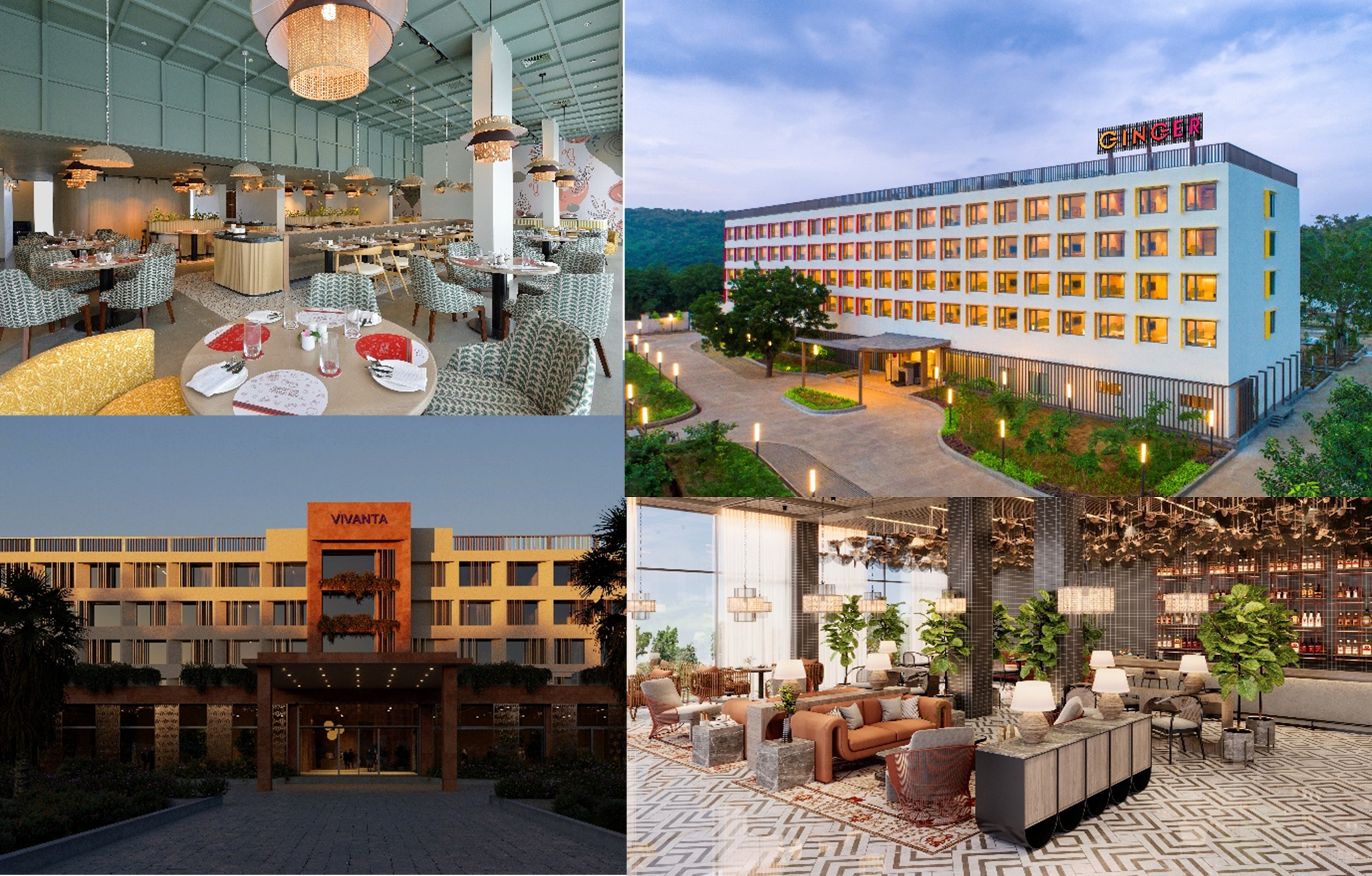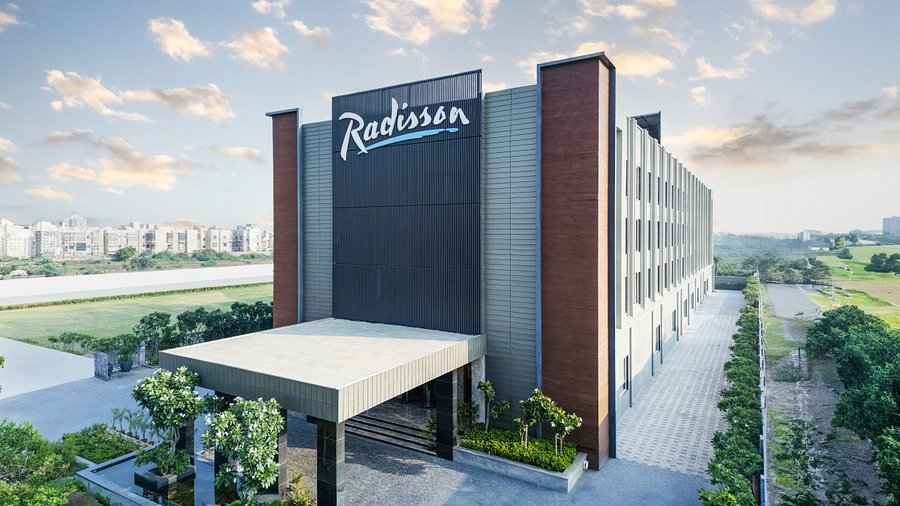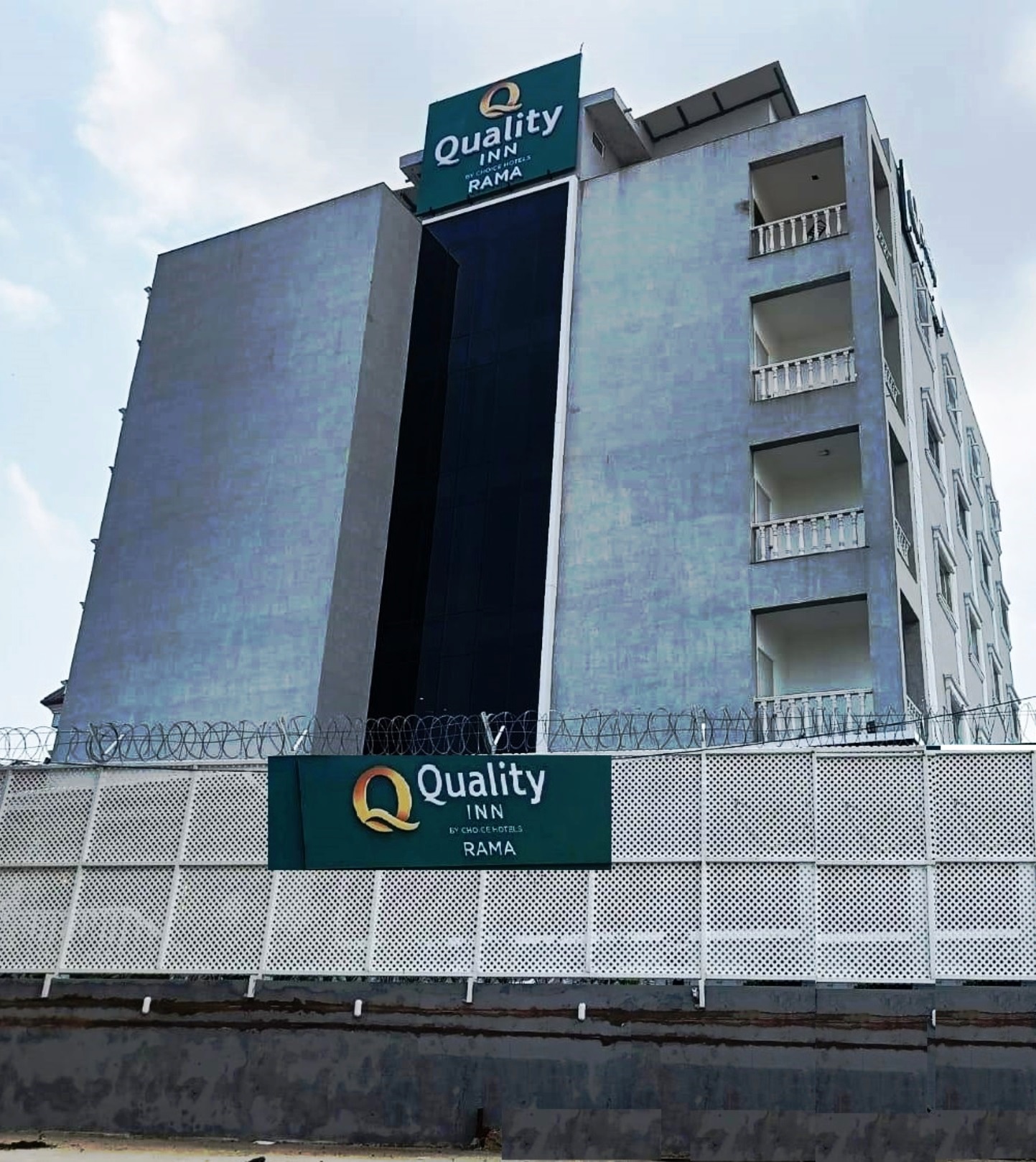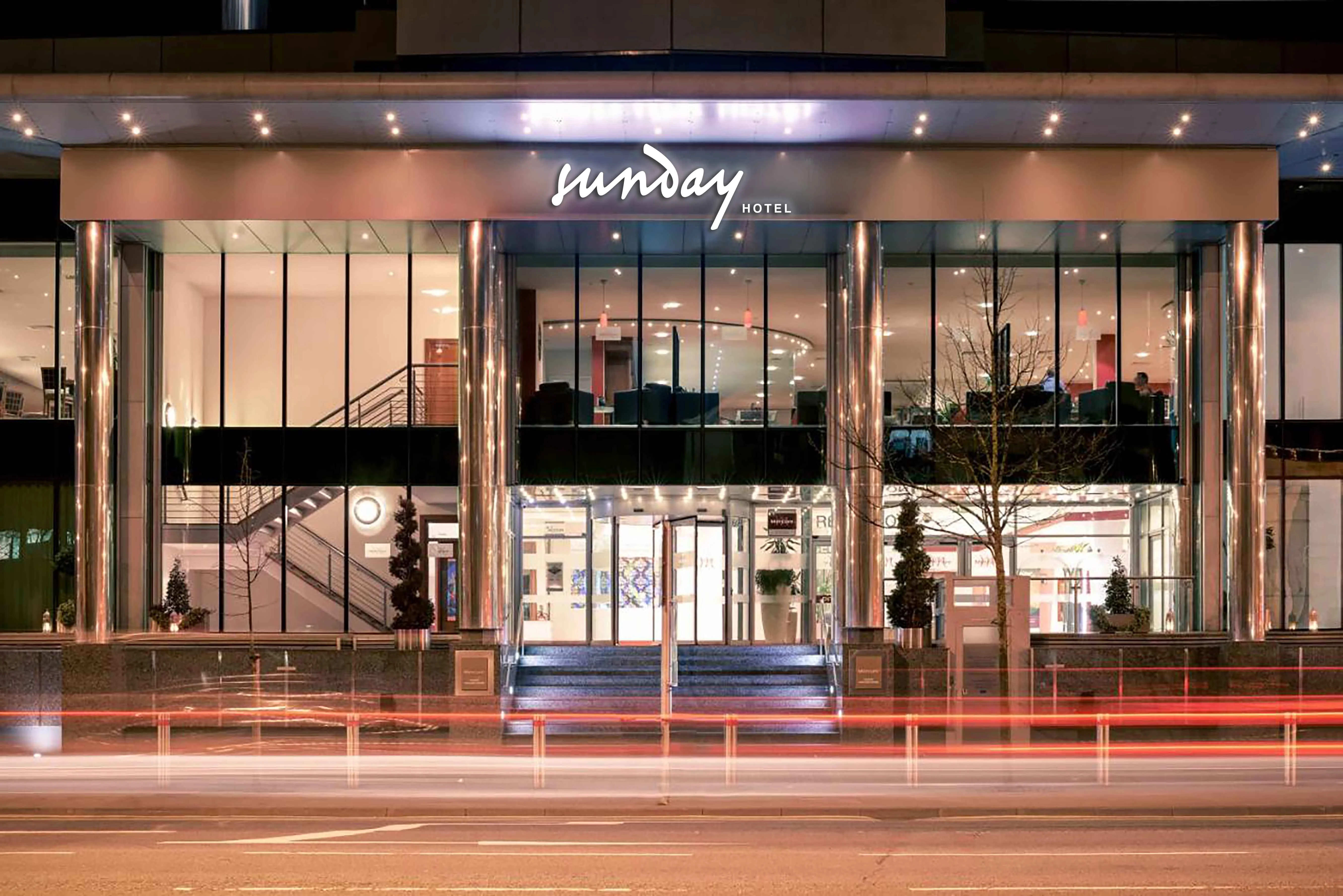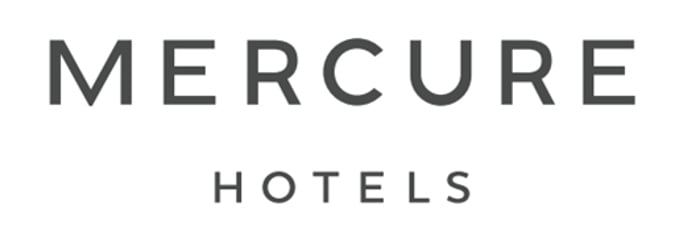Increased privacy and flexibility are two of the stand-out trends that leading data and analytics company GlobalData notes will shape the lodging industry in 2021, alongside longer stays, improved hygiene procedures and more no-touch technology. As 2020 draws to a close, Travel & Tourism Analyst Ralph Hollister offers his view on these trends.
Hollister notes, “Hotels that cannot provide more secluded spots or offer increased booking flexibility could be at risk of losing out even further in 2021. Rate plans to accommodate longer stays need to be offered, whilst the marketing of no-touch technology and increased hygiene procedures needs to be increasingly visible.”
“We have come to the realization that 2021 will not be free from the effects of COVID-19. Travelers will be looking to take fewer trips – if not forced to due to ongoing travel restrictions – but those that do travel are expected to also stay for longer to grab what they can when they can. Uncertainty is strife and it may lead to people going ‘all out’ on one big trip, rather than risking several smaller ones that could be canceled.
“Lodging providers need to prepare by creating rate plans for extended stays in order to offer increased value. In fact, this is one method already being explored by major players such as Booking.com, which introduced two new rate plans to satisfy this need. The weekly rate plan requires a minimum length of stay of seven nights, and for the monthly rate plan, a length of stay of 28 nights is the minimum requirement. Long stays will be particularly popular with digital nomads, students and business travelers.”
Hollister notes, “The likes of Vrbo and Airbnb can offer an abundance of accommodation types in more secluded areas, while many major hotels are stuck with city-center properties. In the short term, travelers may feel there is little sense in risking a city-center location when the main attractions are closed. Demand for city breaks will slowly return in the coming years as the dust settles, but domestic breaks in rural locations are likely to be the preference and return at a much quicker rate.”
Hollister notes, “All major players in the lodging industry have been implementing and showcasing their new hygiene procedures this year – for example, Hilton’s partnership with healthcare professionals Mayo Clinic, which has helped increase consumer confidence. These procedures will continue to be refined in 2021 as the pandemic continues.”
Hollister continues, “In 2021, hotels will increase their adoption of technology that reduces the number of touchpoints. Abilities such as online check-ins and check-outs, mobile keys and room settings controlled by Internet of Things (IoT) technology will become much more commonplace.
“Using IoT to control room settings also allows hotels to gather more data on guests, creating a more personalized experience when they next return. According to GlobalData’s lodging scorecard, Marriott is one of leaders in the adoption of IoT, scoring the maximum of ‘5’ for the adoption of this technology. The company recently revealed an IoT focused hotel room, in partnership with Samsung and Legrand, personalized by the needs and interests of the individual guest.”
Hollister adds, “Having a flexible cancelation policy on a hotel website will be vital in ensuring direct bookings, and these relaxed policies will continue in 2021. For example, Marriott International has just extended its 24-hour global cancelation policy through March 31, 2021. This extension into next year will be emulated by its rivals in order to remain competitive.”


